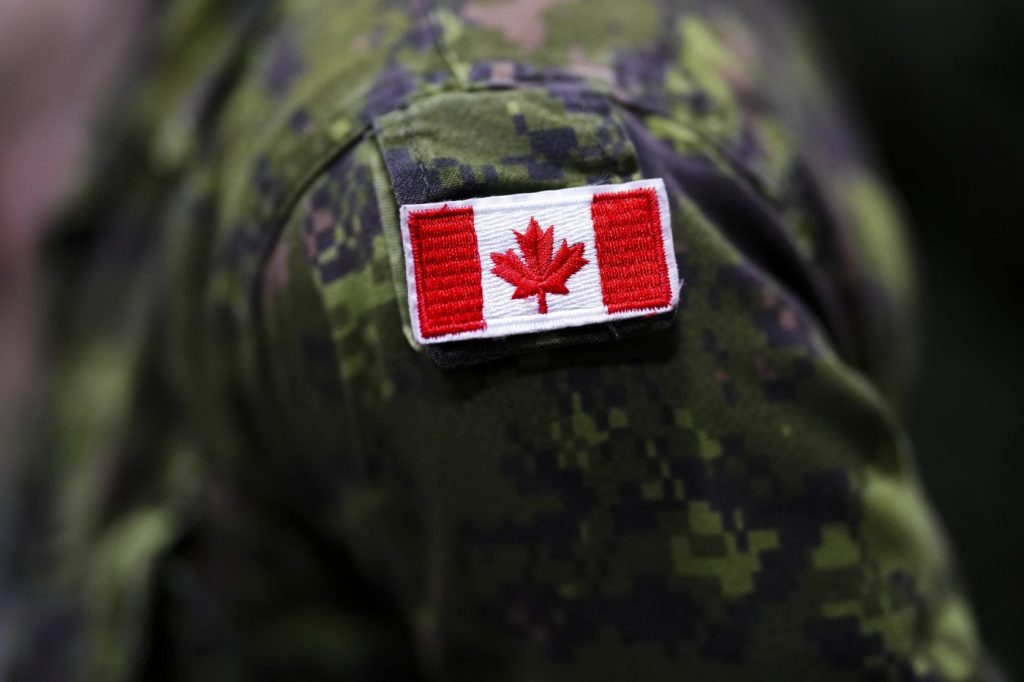OTTAWA A former member of the Canadian Armed Forces (CAF), involved in a discrimination class action for the past eight years, has expressed dissatisfaction with the recent settlement, arguing that it fails to adequately compensate for the trauma experienced by him and other class members. The class action, initiated on behalf of current and former CAF members who faced racial discrimination or harassment during their service since April 17, 1985, has culminated in a proposed settlement valued at up to $150 million.
The settlement provides individual payments ranging from a base amount of $5,000 to a maximum of $35,000 for those who submit a narrative detailing their experiences. Documents submitted in Federal Court in June 2024 indicate that approximately 45,000 individuals could be eligible to receive compensation, with the claims period anticipated to open after April 10, 2025. Alongside financial restitution, eligible members have the option to receive a personalized apology letter from the Chief of the Defence Staff. The agreement also commits to implementing systemic changes within the CAF's cultural framework.
Rubin Coward, who enlisted in the CAF in 1981 and dedicated eight years to this class action, criticized the settlement as "unfair and inequitable." He feels that class members have been "short changed," especially when compared to previous settlements awarded to other groups within the military. Coward voiced his disillusionment, stating, "I’m very disillusioned and I’m not at all happy with what has transpired... That’s really a slap in the face."
This criticism comes in light of a prior $900 million settlement reached in 2019 with veterans and military personnel who experienced sexual misconduct in the CAF. In that instance, over 23,000 individuals received compensation, with many eligible for payments ranging between $5,000 and $55,000. Those who suffered exceptional harm had the potential to claim up to $155,000. Coward expressed concerns about the effectiveness of the current agreement, highlighting that racism persists within the military.
Judge Ann Marie McDonald, in a recent ruling, referred to the settlement as "fair, reasonable, and in the best interests of the class as a whole." She clarified that the term "compensation" was omitted from the agreement to acknowledge that monetary compensation cannot fully restore what was lost or endured. Despite the overall support from class members, some have raised concerns regarding the adequacy of payment amounts, the necessity for structural changes within the CAF, and the accountability of individuals who continue to perpetuate racism in the ranks.
McDonald noted that those who oppose the settlement have the option to opt out and pursue their claims independently. One plaintiff, Wallace Fowler, has requested removal from the action to pursue his own claim due to objections regarding the payout amount and allegations of "collusion between the lawyers and military officials." Kened Sadiku, a spokesperson for the Department of National Defence, reiterated that racial discrimination and harassment have "no place" in the CAF and acknowledged the historical context of systemic racism within the organization that has adversely affected personnel and public trust.
Sadiku emphasized that while the government recognizes that no financial amount can truly "compensate" affected individuals, a financial assessment scheme was developed in collaboration with external experts. He noted that while positive changes and programs have been initiated, there remains substantial work to address these issues.
Coward, who endured racism throughout his service and was medically released due to complex PTSD, contributed significantly to the class action's launch in 2016. He stated, "None of us put a uniform on so that we’d be abused," and although he is entitled to a $30,000 honorarium for his role in settlement negotiations, he continues to advocate for a reconsideration and potential increase of the financial settlement.










